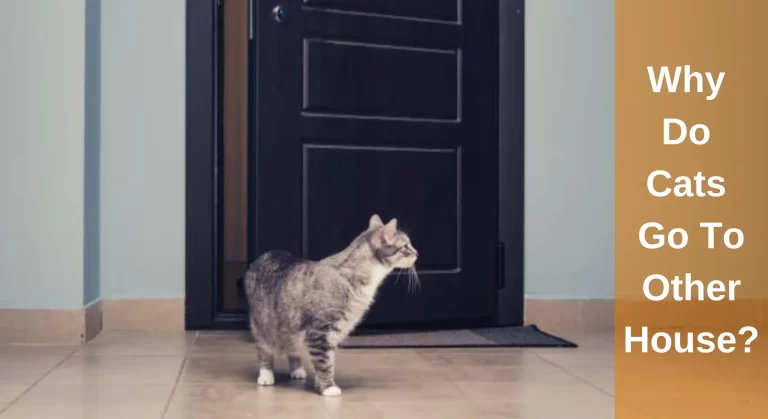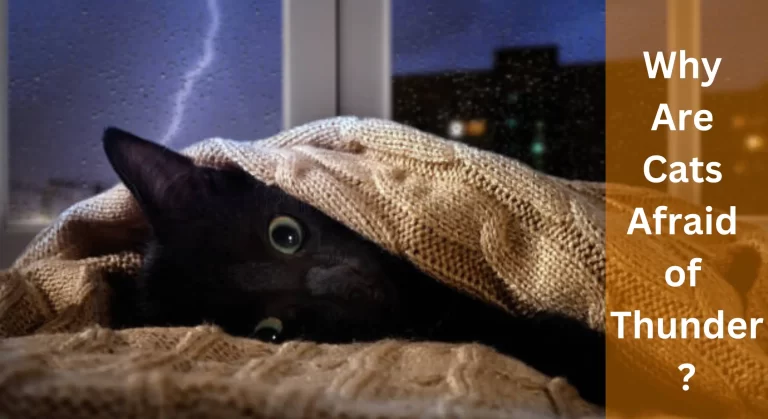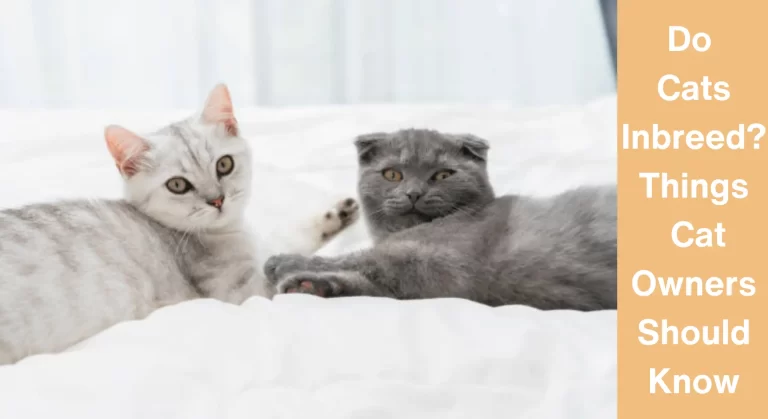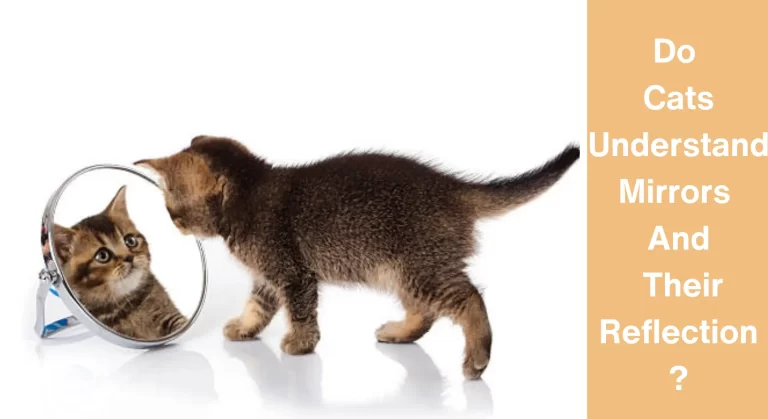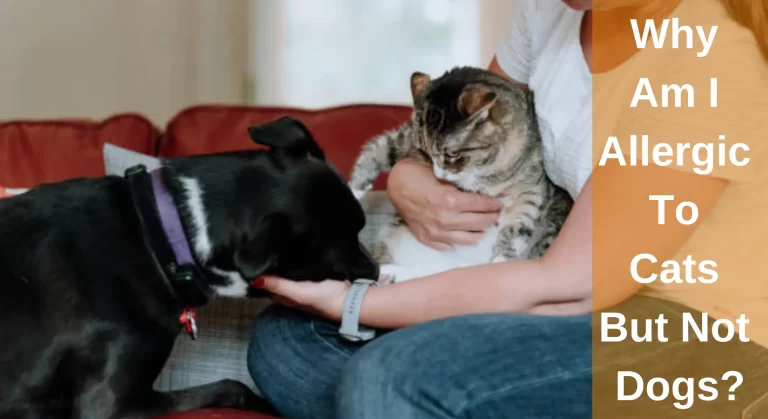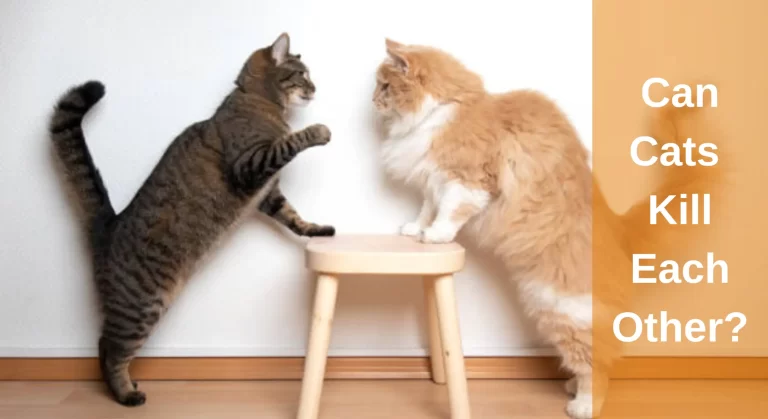Can Cats Laugh? Debunking the Myths and Uncovering the Truth
Laughter is often associated with human beings as a form of expressing joy or humor. However, recent studies have shown that laughter is not exclusive to humans, but can also be found in animals. Among the animals studied, cats have become an interesting topic due to their mysterious behavior and vocalizations.
Have you ever wondered if “can cats laugh?” Perhaps you’ve witnessed your furry feline making an unusual noise that sounds like a chuckle or a giggle, leaving you wondering if it’s a sign of laughter.
There is no scientific evidence to suggest that cats can laugh in the same way that humans do. While cats may make vocalizations that sound like laughter, it is unlikely that they are experiencing the same emotions or cognitive processes associated with human laughter.
In this article, we’ll dive deep into the topic of cat laughter, exploring the science behind it, and debunking the myths surrounding it.
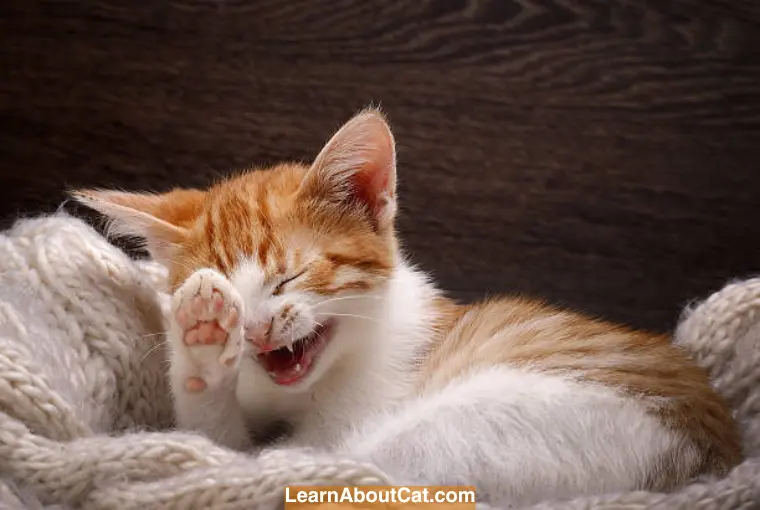
The Myth of Cat Laughter
The idea of cats laughing is not new. For centuries, people have believed that cats possess a sense of humor and are capable of expressing it through laughter. Some even believe that a cat’s laugh is a sign of happiness or contentment. However, the truth is far from it.
Understanding the Science of Laughter
Laughter is a complex physiological response that involves the activation of several regions of the brain, including the prefrontal cortex, limbic system, and brainstem. It’s a social behavior that humans use to communicate their emotions and build relationships.
However, laughter is not exclusive to humans. Many animals, including primates, dogs, and even rats, have been observed laughing in response to playful or social interactions.
Find Out: Why Does My Cat Wink at Me? [Mystery Solved]
Can Cats Laugh?
The answer is no. Unlike dogs, which have been observed making a laughing sound during play, cats do not have the physical capability to produce a sound that resembles human laughter. While cats can make a range of vocalizations, from meows to hisses, their vocal cords and respiratory systems are not designed for laughter.
But What About the Chattering Sound?
You may have heard your cat make a chattering sound when watching birds or squirrels outside. This sound is not a sign of laughter, but rather an instinctual behavior. When cats see prey, they become excited and their jaws tremble, causing the chattering sound.
How Do Cats Express Laughter? Signs of a Happy Cat
Although it’s unlikely that cats can chuckle, they could have a sense of humour. However, they are still capable of showing delight and happiness. Only a handful of your cat’s happy signs are listed below:
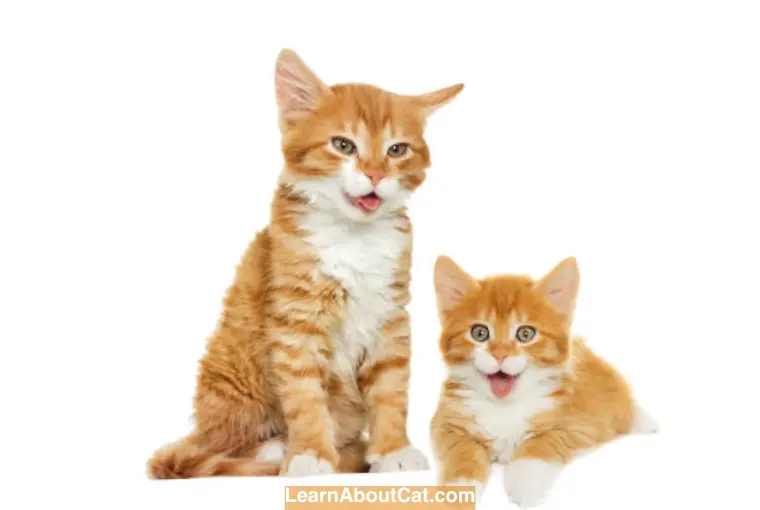
- Purring
- Kneading
- Slow blinking
- Rubbing against your legs
- Licking
Purring
Cats mostly express their delight by purring. In fact, a lot of people think that a cat’s purr is similar to a person laughing. Although not completely true, this is still a very strong cue that they are enjoying themselves.
Kneading
Your cat rhythmically lifts and lowers its paws when kneading. As kittens, they imitate this behaviour because it prompts the mother to produce milk. While kneading does not always mean a cat finds anything humorous, it does show that they are content.
Sluggish Blinking
A cat’s slow blinking might easily be mistaken for tiredness. But when two cats blink gently at one another, it conveys their comfort and mutual confidence. Blinking at you can be your cat’s way of showing their happiness.
Cheerful Behaviour
Your cat is living life to the fullest if it is active and has a lot of energy. They seem to be enjoying themselves and living rather comfortable lifestyles.
Why Don’t Cats Show Their Emotions?
Unlike humans, cats don’t display much emotion since doing so might threaten their survival in the wild. Many animals have this response, but it doesn’t mean the animal isn’t feeling anything.
Cats must keep a consistent habit in order to catch prey and find a safe place to sleep. They must also exude power and confidence, particularly if they encounter other cats or predators.
When a cat expresses fear or anxiety, it is signalling to other predators that it is vulnerable. Other predators can tell that a cat is a novice if it acts excited and interested. At some time in their life, all cats will express emotion. Some cats are more likely to than others, which might suggest their level of confidence in you and your environment. Cats, on the other hand, will stay calm and stable for the most part.
Is Your Cat Aware of Your Laughter?
Your amusement will be seen by your cat. Cats are highly perceptive of their owner’s feelings and behaviours. They are quite good at spotting your joy, sorrow, or even disease. If you laugh at your cat, they could even seem embarrassed and hide. In these instances, a cat may react with fear, hiding or hissing to express their displeasure with the noise or activity.
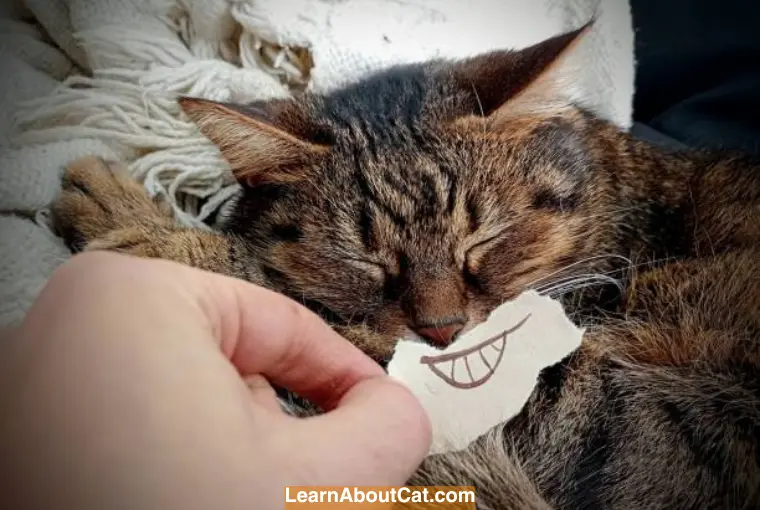
My Cat Remains Silent When I Giggle
When you chuckle, it’s preferable if your cat doesn’t respond at all. This implies that your cat feels comfortable and secure with you, no matter how noisy or strange you may look at times.
My Cat Hisses at Me When I Laugh
If your cat hisses at you when you laugh, it’s because your behaviour is considered harmful. This might mean you need to tone down your laugh or be more conscious of your body movements when laughing. It’s also possible that your cat dislikes it when you laugh. Cats, as we all know, are picky creatures.
My Cat Hides When I Laugh
If your cat flees when you laugh, it’s most likely because the loudness or actions associated with your laugh make her feel insecure. Simply be aware of the volume with which you chuckle.
How Can I Make My Cat Happier?
A cat can’t laugh at anything. They can’t laugh because of their physical restrictions. However, cats are capable of experiencing joy and satisfaction. Here are some tips for amusing your cat and bringing out their humour are provided below:
- Give some treats to your cat.
- Purchase a really nice cat bed. Get your cat some new toys.
- Scratching Post.
- Renovate your cat’s water bowl.
- Spend more time cuddling with each other.
- Change his litter box.
- Plant a little cat grass there.
- Give catnip to your cat.
- Get your cat a new bed.
Do Cats Understand Human Laughter?
Do cats recognise human laughter if they are incapable of laughing themselves? I always find myself chuckling at my cat, as I previously stated. She always does something adorable and humorous, which makes me smile. But does she realise that she’s acting so silly?
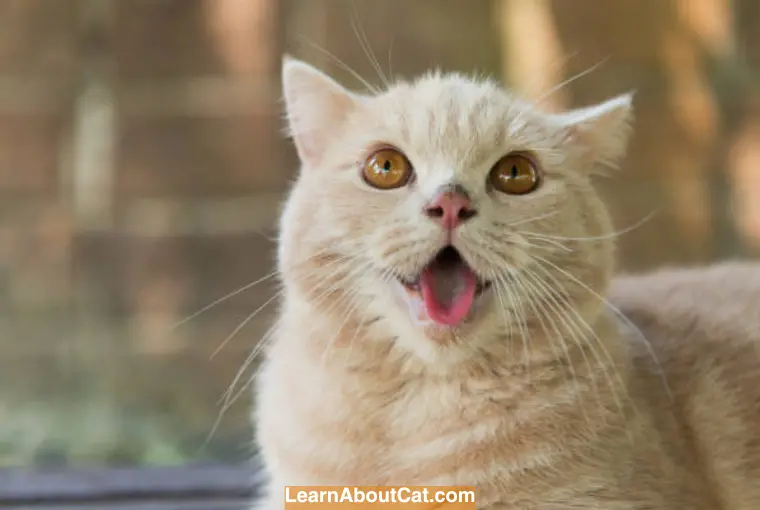
Most pet owners believe that cats are aware of human reactions. We are really close with our cats, so despite the enormous language barrier, we can still converse.
Wild cats might not understand what laughter means, but domestic cats that are accustomed to hearing people laugh have undoubtedly figured out that it’s a positive reaction.
How your cat responds to laughter will depend on its personality. My cat constantly appears to be acting strange. She seemed to be deliberately misbehaving in an effort to make me laugh. She definitely had a sense of humour.
Other cats may flee in response to their amusing behaviour. Since each cat is unique, no two reactions will ever be the same.
Frequently Asked Questions
Do cats laugh like humans?
While there is no definitive evidence that cats are capable of laughter like humans, they do exhibit a range of vocalizations that suggest they are capable of a range of emotions.
Do cats get bored?
Yes, cats can get bored, and it’s important to provide them with plenty of toys and activities to keep them entertained.
Why do cats knead?
A cat kneading shows that it is content and relaxed. It’s a behavior they learned as kittens when nursing from their mother.
Can cats feel emotions?
Yes, cats can experience a range of emotions, including happiness, fear, anger, and sadness.
What is the importance of studying animal emotions?
Studying animal emotions can help us better understand the nature of animal behavior and its interactions with humans and other animals.
Conclusion
In conclusion, while there is no definitive evidence that cats are capable of laughter, their vocalizations and behavior do suggest that they are capable of a range of emotions.
Purring, meowing, chirping, growling, hissing, and screaming are all vocalizations that cats use to communicate their emotions and needs, and each vocalization has a different meaning.
More research is needed to fully understand the nature of cat vocalizations and their emotional significance.
Who is Isabella?
My name is Isabella, and I am a dedicated and knowledgeable cat enthusiast. With years of experience caring for cats and a deep love for felines, I made a mission to help other cat lovers navigate the challenges of cat ownership.

